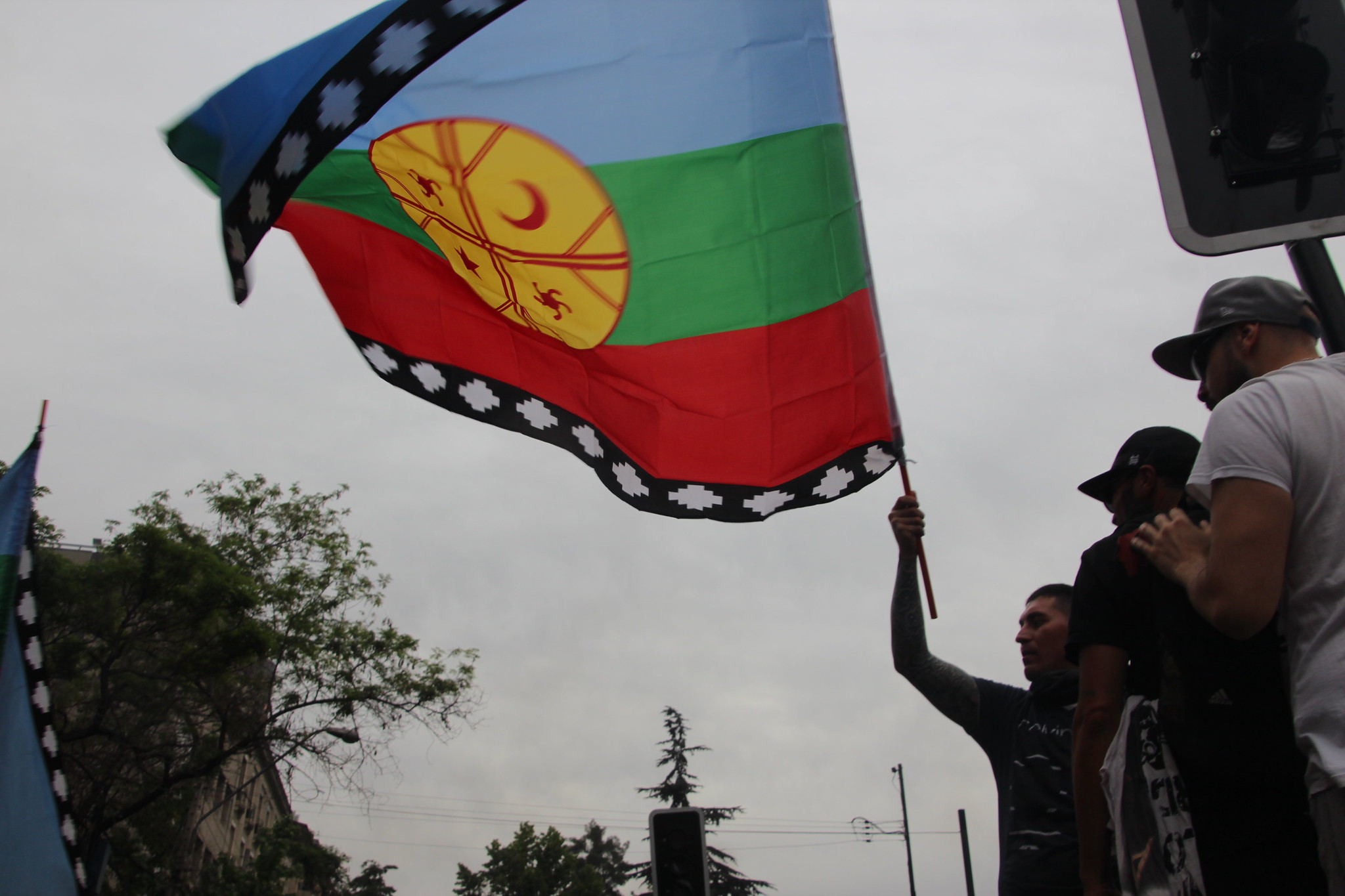When “the other” is Mapuche!

The society in which we live, and we who form part of it, are increasingly confronted with challenges and provocations stemming from relentless progress. We must resist the growing phenomenon of individualisation, as well as the paradoxical coexistence of social and cultural diversity alongside economic and cultural uniformity, which continues to expand inexorably. Finally, we must not overlook our increasing vulnerability and exposure to natural hazards, which affect us all.
To navigate this complex web of emerging situations, we must first grasp the intricacies of the world in which we live. In the hope of fostering positive change, we should learn to collaborate, engage in dialogue, and then take action.
Anyone who succeeds in establishing a positive relationship with nature and with their fellow human beings, embracing their differences, may be described as a “citizen of sustainability”. There is broad agreement that such citizens should embody certain qualities that enable them to engage constructively and responsibly in today’s world.
Sustainable development—and we, as “citizens of sustainability”—must be capable of integrating the three dimensions of development: social, economic, and environmental. The eradication of poverty, one of the greatest challenges of our time, goes hand in hand with, and depends upon, the establishment of conditions that support inclusive and sustainable economic growth.
Historically, most societies have established commercial, political, and religious relations under conditions of inequality, in which the strongest have consistently prevailed over the weakest. In South America, there are clear examples of how conflictual relations between indigenous peoples and nation states have developed over time—disputes that persist today due to an ongoing inability to accept “the other”.
Just as we, as members of Western society, have a culture that defines and distinguishes us, so too do indigenous peoples possess their worldview and relationship with nature, shaped by the cultures to which they belong. Yet, suppose both societies—Native American and Western—share the fundamental elements that characterise any society, such as civic responsibility, cooperation among peers, and division of labour. Why does such a profound difference exist? And what has led Western societies to regard themselves as superior to others?
The answer to this question lies in the attitude of superiority often adopted by Western societies, which struggle to welcome and accept those perceived as different. Undoubtedly, education plays a fundamental role in shaping this behaviour. We have been taught—implicitly or explicitly—to reject and exclude difference, as though we embody and represent some form of perfection. Or perhaps it is fear of the unfamiliar that drives us to reject what we do not understand?
The lack of intercultural and multicultural awareness is a serious issue and must be recognised and addressed as such. Educational approaches rooted in a solely Western perspective—when they have been proposed—have often led to confusion and misunderstanding. One striking example is the widespread assumption, held by many students (and not only students), that Native Americans no longer exist, having been entirely exterminated during the period of colonisation.
Today, there is at last a growing recognition and a genuine need to engage with the cultures of the indigenous peoples of the Americas. This need likely stems, in part, from increased awareness of the 2030 Agenda and the goals it sets forth—goals we are all called upon to pursue. Goal 10, for example, emphasises the importance of embracing diversity, as it may hold the key to the fulfilment of others, in line with the dual principle: one exists because the other exists. To truly understand this “other”, we must first accept and welcome it in its entirety. For such a process to unfold, we must move beyond the dichotomy of domination and subordination. From this perspective, interculturalism views mutual understanding and peaceful coexistence as essential for building a society in which different cultures not only coexist but also collaborate in pursuit of a common goal. In this spirit, we are invited to learn more about the culture of the Mapuche people. But why focus on the indigenous Mapuche? Why not explore civilisations such as the Maya or the Quechua?
The answer lies in the distinctiveness of the Mapuche—the people of Araucanía—who are worthy of attention for having consistently demonstrated their nobility and resilience. For over four centuries, they have fought tenaciously to defend their paradise: their land and its inhabitants. This is not to dismiss or diminish other pre-Columbian civilisations, many of which showed extraordinary ingenuity in building cities, temples, and bridges. Rather, it is to highlight the unique identity of the Mapuche people—an identity immortalised in the epic poem La Araucana by Alonso de Ercilla.
No other pre-Columbian population has had its deeds and exploits recorded in such a way, despite their undeniable cultural achievements. Why, then, did Ercilla choose to celebrate such a modest people over the grandeur of the Maya with their temples, or the Incas with their vast cities? Perhaps because to be Wenchu—a man of the Chilean mapu—is to be a man of spirit, one who transcends the materiality and transience of things like temples, cities, and bridges.
Recognising the crucial role of indigenous peoples today—viewing them as guardians of the Earth and as partners in intercultural dialogue to confront environmental challenges—was also the call issued by the late Pope Francis in his Encyclical on the Environment. History is, in some sense, being reversed: the example for the Catholic world is now being set by indigenous communities. The oppressor is, at last, giving a voice to the oppressed—so let us listen.
Knowledge of, and openness towards, these peoples could therefore not only foster a relationship of intercultural understanding and acceptance—promoting healthy, fruitful, and peaceful coexistence—but also initiate a process of environmental recovery and restoration that is both necessary and vital for us all.

